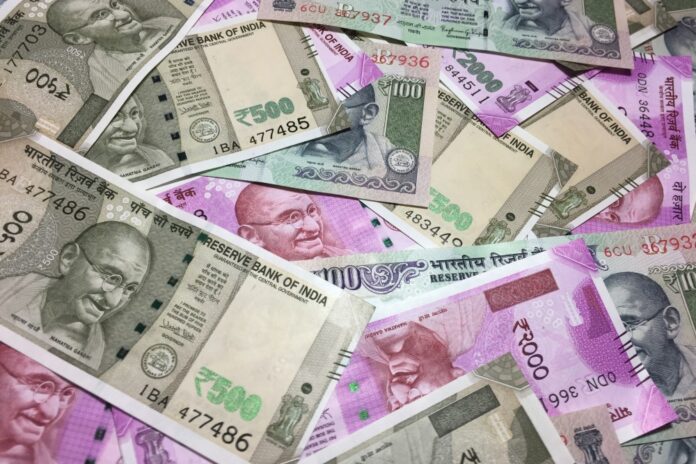Government desperate to keep three operators in the market in the interest of competition.
Reliant Jio shattered India’s mobile market on entry in 2016, growing faster than Facebook’s most rapid period of expansion. This resulted in consolidation and only three nationwide mobile operators still standing – Jio, Bharti Airtel and Vi (Vodafone Idea as was).
A series of rulings by India’s Supreme Court has allowed the government to spread its net wider to drag in higher taxes and fees, and apply interest to them –known as adjusted gross revenue (AGR) – bringing Vi to its knees.
No more equity
Vodafone Group’s CEO, Nick Read, has said consistently that the company would close the business rather put more equity into the Indian subsidiary, a joint venture between Vodafone and Aditya Birla Group, off the Group P&L.
Read has been demanding government intervention since 2019 when the most recent and most serious crisis kicked off. All subsequent attempts to overturn the Supreme Court’s rulings have failed.
At way past the eleventh hour, the government has finally intervened, faced with the possibility of a duopoly. In July, the Supreme Court renewed its demands, resulting in the Vi’s Chairman leaving and saying the company would not be viable for much longer.
Relief ending in state-ownership?
The government’s relief package says the telcos can defer payment for spectrum and other liabilities for four years, and that interest accrued over that period could be transferred into state equity in the companies.
It is thought this will save Vi about €2.9 billion annually. Ultimately the company could move to full state ownership as the much weakened operator faces an uncertain future.
Indian mobile tariffs among the lowest in the world after the vicious price war with Jio, funded by the deep pockets of the wider Reliance conglomerate. Its founder, Mukesh Ambani, is India’s richest person.
Previous to the latest major crisis, Vodafone and the Indian government were locked in a dispute about taxes for almost ten years, which the government finally backed down from last month.
Bad vibes?
The Indian government must be acutely aware that the message sent out by the three-way wrangles between itself, the Supreme Court and the operators has not sent out a positive message about investing in India where the goal posts seem to shift.
It did not stop Big Tech companies piling in to invest in Reliance Platforms, though. As the newest Indian operator, the company had much less to pay.



